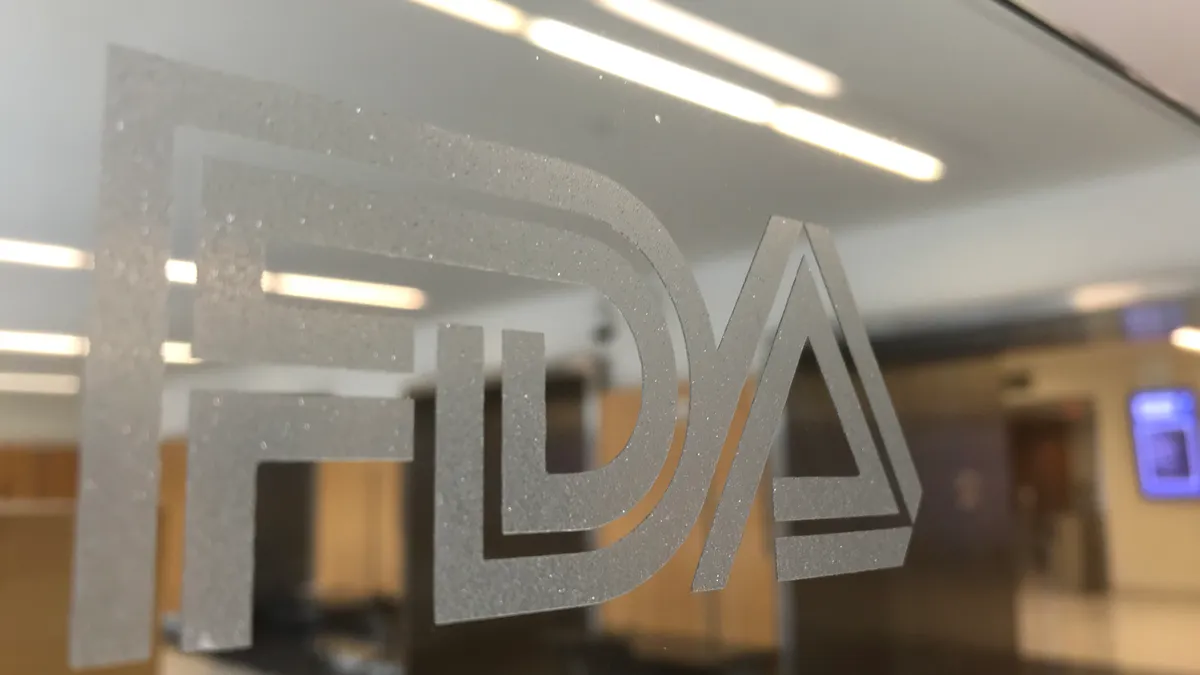Dive Brief:
- Amprion announced last week its test to detect prion biomarkers for the diagnosis of Parkinson's disease received FDA's breakthrough device designation.
- The San Francisco-based company said it is aiming to launch FDA-approved early detection testing for Parkinson's within 18 months.
- Partners in developing the technology included the Michael J. Fox Foundation for Parkinson's Research, National Institutes of Health small business programs, and McGovern Medical School at the University of Texas Health Science Center at Houston.
Dive Insight:
There is currently no definitive test for Parkinson's disease, which is characterized by symptoms that include tremor, slow movement, rigidity and balance problems that typically begin on one side of the body and eventually migrate to the other side. Scientists believe the movement disorder is caused by the gradual loss of dopamine-producing cells in the brain.
To diagnose the condition, a doctor performs a neurologic examination to look for the presence of at least two of the disease's symptoms. In 2011, FDA approved an imaging technique called a dopamine transporter (DAT) scan that maps the brain's dopamine system and can be used to confirm a clinical diagnosis of Parkinson's. Whether a patient responds to medication also can confirm the diagnosis.
Amprion's test aims to diagnose Parkinson's before the onset of clinical symptoms that appear when the disease is already fairly advanced. The company is also working on a diagnostic test for the early detection of Alzheimer's disease.
The company's research focuses on the alpha-synuclein protein as a potential biomarker of Parkinson's disease. The protein misfolds into toxic shapes in the brain long before symptoms of the disease appear, according to the company. Amprion said its technology, called Protein Misfolding Cyclic Amplification, can detect alpha-synuclein in low concentrations in cerebrospinal fluid and plasma.
The ability to monitor misfolded proteins at early stages will enable the company to work with pharmaceutical companies to develop prion-targeted drugs to stop or slow the disease, Amprion said.
Alpha-synuclein plays a role in the development of protein clumps in the brain that are a hallmark of Parkinson's, but it remains unclear how the protein contributes directly to the progression of the disease, according to the Michael J. Fox Foundation. Parkinson's disease, for which there is no cure, affects more than 5 million people worldwide, including one in 100 people over the age of 60










